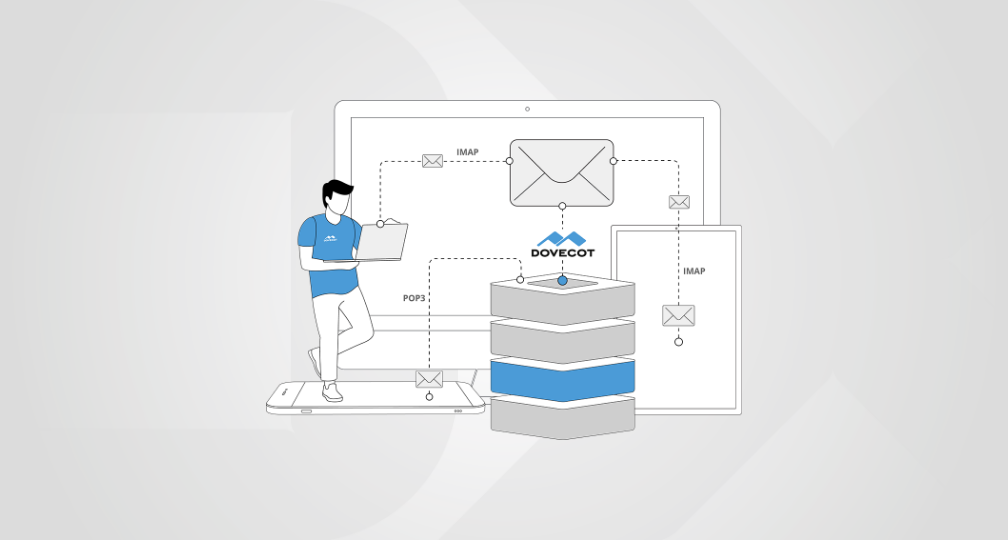As hosting providers move higher up the stack, broadening their portfolios andlooking to offer higher-margin software functionality, a number of options are avail-able: develop in-house, partner to outsource completely or license from a specialistISV. While many already have their own development teams, an increasing number are choosing the last option and are turning to small SaaS vendors – many of which are based in Europe.
While most Web hosting companies have offered basic applications as part of their standard hosting services, others have struggled to keep pace with the development of software technologies and platforms. The challenge for hosting companies is how to balance resources for internal software development with the need to offer new and/or improved application services that meet market demands. Projects can be costly and require significant headcount. Many managed service providers simply do not have this resource, and see the benefit in using developer talent in other ways, whether this is building out network infrastructure management components, or maintaining data-center competencies (e.g., resiliency or security). Others have tried to develop SaaS capabilities but have not been happy with the result, experiencing negative customer feedback, and a spiraling cost of maintaining applications.
Increasingly, the provision of SaaS offerings as a value-add will provide faster delivery of more innovative software to the hosting community, facilitating both the retention of existing customers as well as the gaining of new ones. Software for data migration can help secure new customers that otherwise would be concerned about such a potentially difficult process. Clients will be more likely to change from one service provider to another if this issue is specifically addressed, and they know that legacy e-mail and contacts will not go astray.
Similarly, SaaS-based backup – e.g., from Backup Agent or Opero – provides a level of assurance for those customers concerned with either the regulatory aspects of data storage, or those that have previously had issues with data loss or ccessibility. Similarly, security software – from the likes of SafeNet – satisfies key criteria of many customer adoption issues around hosted data protection and encryption. There are also an increasing number of SaaS offerings for desktop portals and related productivity applications that use more complex forms of data creation and manipulation (e.g., file editing, collaboration etc.) such as from Open-Xchange.
For the hoster, such SaaS offerings will provide a standardized, quick to deploy, low-maintenance product, targeted at a specific functionality. Licensing can cost pennies per unit, and will add little to their bottom line, while allowing service providers to focus on core competencies and compete in busy markets, where such add-ons are not neces-sarily standardized (e.g. SMB).
Although many of these SaaS providers are at the startup phase, there are an increasing number to choose from, and they will become increasingly mainstream.
To learn more, please continue reading the full report „State of the European Hosting Market“





